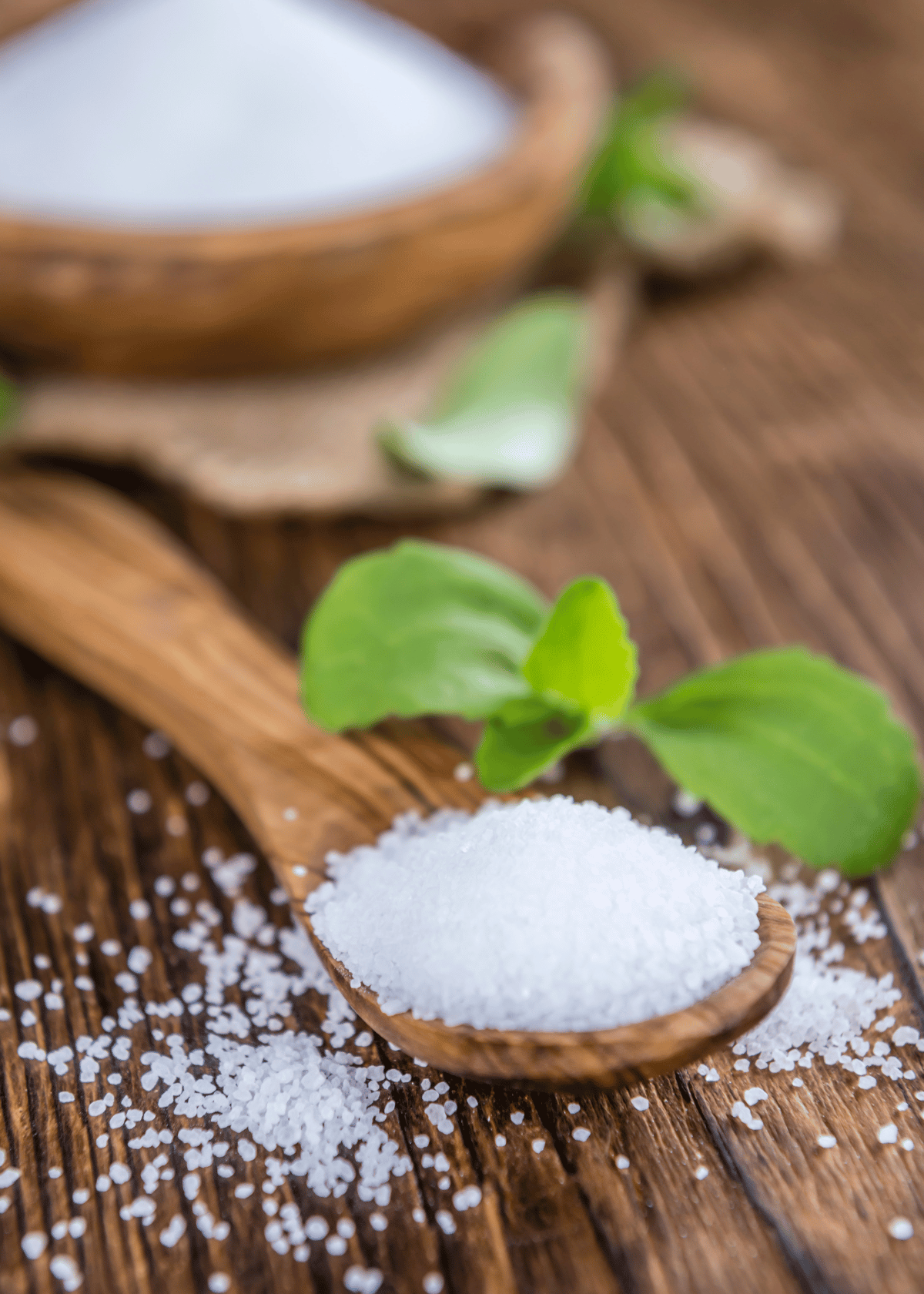An stomach ache can be caused by a variety of things, ranging from dietary choices (eg fried foods) to food allergies. Indigestion, too, is often the result of eating certain foods or drinking certain beverages. Fortunately, there are many natural remedies and home treatments that can ease stomach pain and indigestion. Here are 12 home remedies and natural remedies for stomach aches and abdominal discomfort.
1. Ginger:
Ginger is a common remedy for nausea and indigestion. You can take ginger in supplement form, steep it in hot water to make tea, or grate fresh ginger root into your food or smoothies.
2. Peppermint tea:
Peppermint is known for its calming effects on the digestive system, making it ideal for relieving indigestion as well as other gastrointestinal issues such as gas and bloating. To make peppermint tea, just add 1 teaspoon of dried peppermint leaves to 2 cups of boiling water and let it steep for 10 minutes before straining the leaves out and drinking the tea.
3. Chamomile tea:
Like peppermint tea, chamomile tea is known for its calming properties which help soothe an upset stomach or relieve indigestion symptoms like heartburn or acid reflux. To make chamomile tea, combine 1 teaspoon of dried chamomile flowers with 2 cups of boiling water and let it steep for 10 minutes before straining out the flowers and drinking the tea.
4. Apple cider vinegar:
Apple cider vinegar helps regulate stomach acidity (as they may help to decrease starch digestion) which can help reduce symptoms of both heartburn and indigestion. Just mix 1 tablespoon of apple cider vinegar with 8 ounces of warm water or herbal tea and drink before meals to help prevent symptoms from occurring after eating.
5. Slippery elm powder:
Slippery elm powder helps coat the lining of the digestive tract which can help reduce inflammation caused by indigestion as well as soothe an upset stomach by absorbing excess fluids in the digestive tract that may be causing discomfort or bloating. To use slippery elm powder mix it with warm water until you have a thick paste then drink before meals with plenty of water to help prevent symptoms from occurring after eating.
6. Fennel seed:
Fennel seed has been used traditionally to help relieve symptoms associated with bloating, gas, cramps, diarrhea and constipation due to its carminative properties which are believed to relax the muscles in the digestive tract helping move food along more quickly while reducing cramping at the same time
7. Lemon juice:
Lemon juice contains citric acid which can help break down proteins in foods more quickly thus helping reduce bloating caused by slow digestion as well as stimulate bile production which helps relieve constipation
8. Yogurt:
Yogurt contains probiotics which are beneficial bacteria that help keep your digestive system healthy as well as aid in digestion by breaking down proteins more efficiently thus helping reduce bloating caused by slow digestion
9. Baking soda:
Baking soda is alkaline which helps neutralize excess acids in your stomach helping relieve heartburn associated with indigestion 10 . Parsley : Parsley is high in chlorophyll which helps absorb toxins from your gut helping improve digestion while relieving symptoms associated with constipation
11. Aloe vera juice:
Aloe vera has anti-inflammatory properties that can help reduce inflammation associated with irritable bowel syndrome (IBS) while also providing relief from abdominal pain caused by gas .
12. Activated charcoal:
Activated charcoal binds to toxins preventing them from being absorbed into your bloodstream thus providing relief from gastrointestinal issues such as diarrhea
Food for stomach upset FAQs
What should I avoid eating if I have a stomach ache?
There are a few things you can do to help make your stomach feel better. First, avoid eating greasy or fatty foods, which can aggravate an upset stomach. Also avoid acidic foods like citrus fruits and tomatoes, as well as caffeine and alcohol. Finally, try to eat bland, easy-to-digest foods like boiled potatoes, rice, or toast. If you're feeling really sick, go for electrolyte drinks like Gatorade or Powerade instead of solid food.
When should I see a doctor for a stomach ache?
The best answer to this question really depends on the individual and their symptoms. Some general guidelines to follow would be if the stomach ache is accompanied by fever, vomiting, blood in your vomit or stool, severe pain, or if it lasts for more than a couple days. Otherwise, over-the-counter medications like acetaminophen or ibuprofen can often help relieve a mild stomach ache. However, if you're not sure whether you should see a doctor or not, it's always better to be safe than sorry and head on in for a check-up.
What could be causing my chronic stomach pain?
There are many potential causes of chronic stomach pain, such as gastritis, Crohn's disease, celiac disease, and peptic ulcer disease. However, the most common cause is functional dyspepsia, which is a term used to describe chronic or recurring stomach pain or discomfort that doesn't have an identifiable cause.
There is no one definitive answer to this question since the cause of chronic stomach pain can vary from person to person. However, some of the most common causes include dietary and lifestyle factors (such as eating too fast or eating high-fat foods), stress, anxiety, and excessive alcohol consumption. Other possible causes include hormonal imbalances and gastrointestinal infections.
What is the BRAT diet?
The BRAT diet is a bland diet that typically consists of bananas, rice, applesauce, and toast. It is often recommended for people who are experiencing nausea or vomiting.
The BRAT diet is low in fiber and may not provide all the nutrients that you need. Therefore, it is important to speak with a healthcare professional before starting this diet. Additionally, be sure to drink plenty of fluids while following the BRAT diet.
What is gastroesophageal reflux disease?
Gastroesophageal reflux disease (GERD) is a condition in which the stomach muscles relax and allow gastric acid to flow back up into the esophagus. The acid can cause irritation and inflammation of the esophagus, leading to heartburn, chest pain, and difficulty swallowing. GERD can also lead to serious health problems such as Barrett's esophagus and esophageal cancer.
Treatment for GERD includes lifestyle changes such as weight loss, dietary changes, and avoiding triggers like caffeine and alcohol. medications may also be prescribed to reduce stomach acidity. If lifestyle changes and medications are not effective in controlling GERD symptoms, surgery may be recommended.
Conclusion:
An upset stomach or indigestion can be uncomfortable but fortunately there are many natural remedies available that may provide relief without having to rely on over-the-counter medications or prescription drugs
These 12 home remedies offer safe solutions that may be able to provide relief without any potential side effects. Additionally these remedies may also be helpful when dealing with other gastrointestinal issues.







